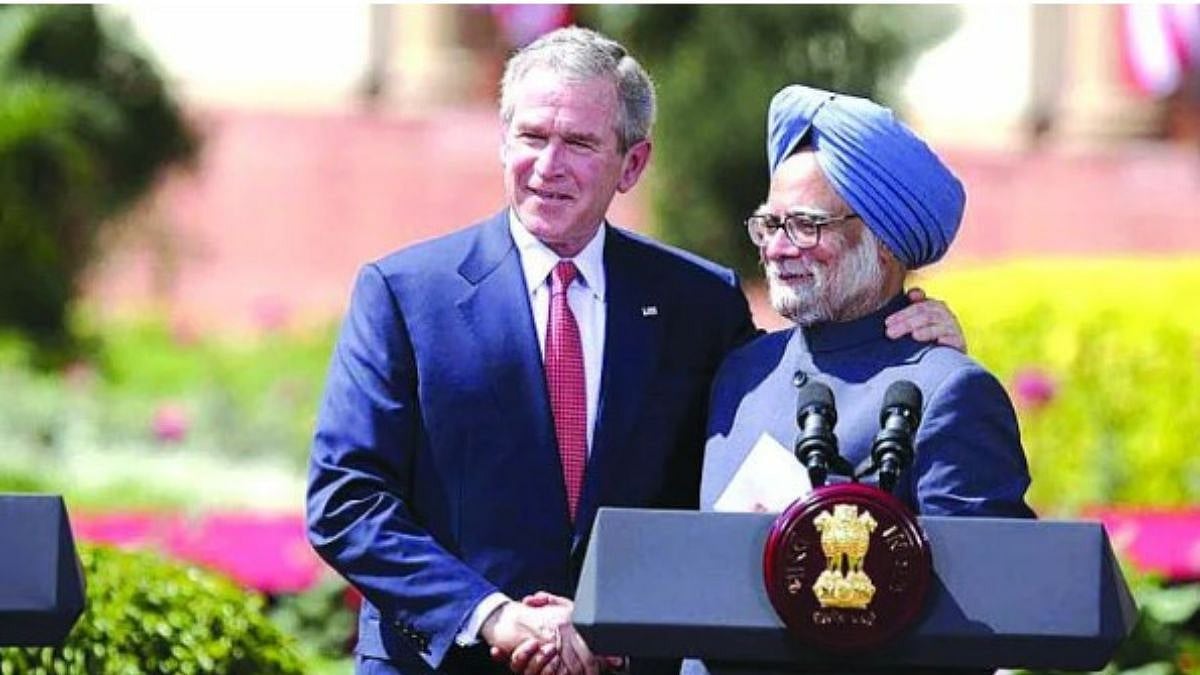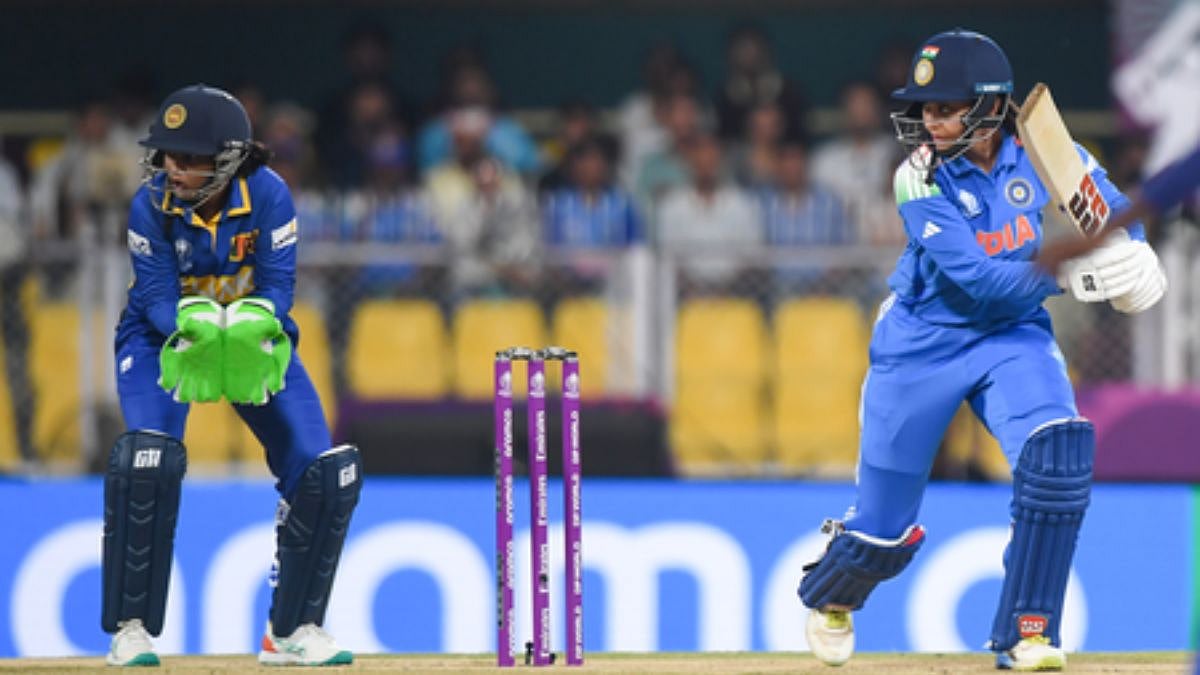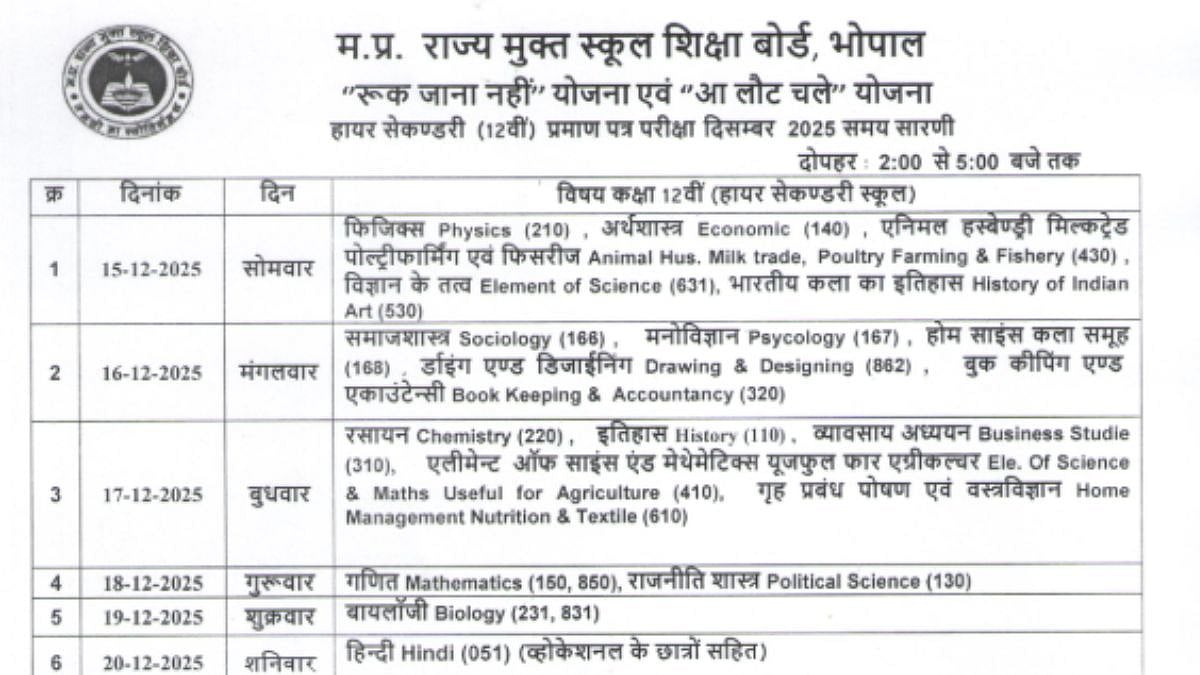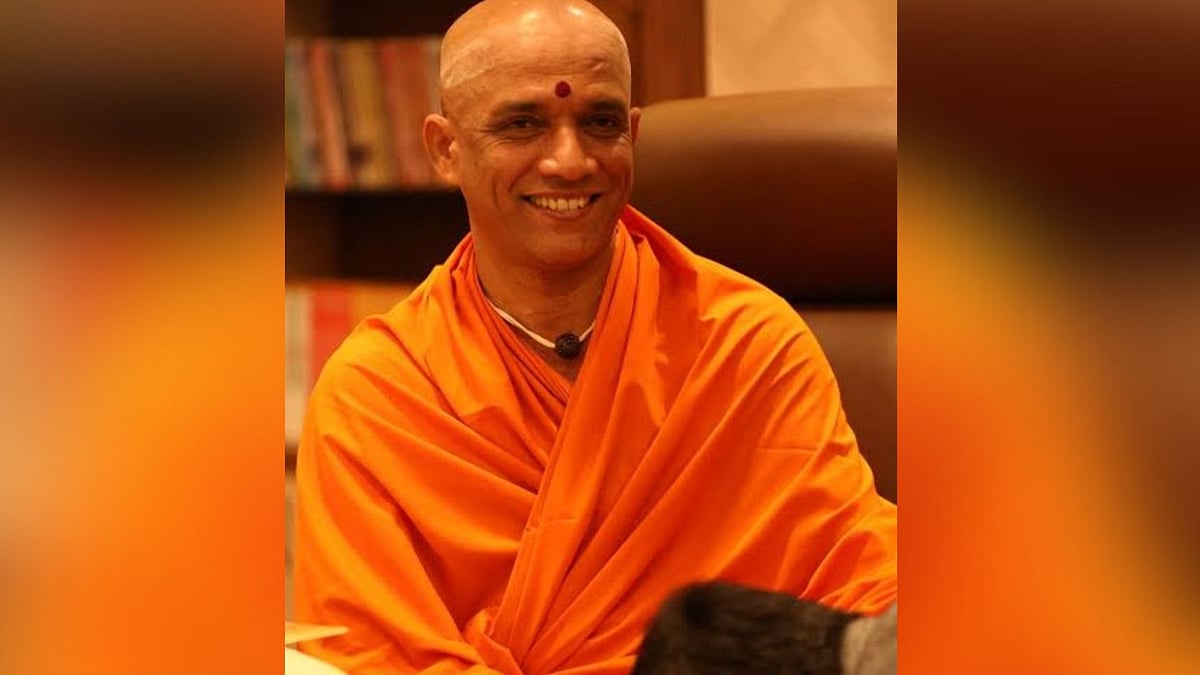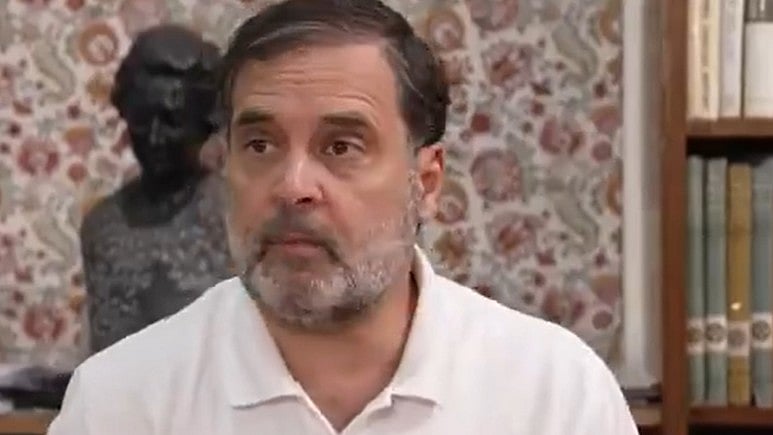Manmohan Singh, the former prime minister of India, is no longer with us. But his legacy truly lives-on as a man who participated in moulding major strategic and economic decisions for the country. His acumen as an economist is well-known and long list of stellar degrees he earned from top global universities still gives any scholar a complex. His work in steering economy following liberalisation of 1991 is perhaps the most important aspect everyone associates him with. But the ace statesman's huge political gamble in clinching India-US nuclear deal, something that opened new chapter in India's global political arena, often remains away from limelight.
The Backdrop
India, during the Cold War, was leaning towards the Soviet Union. In spite of having been one of the founders of the 'Non-Alignment Movement', Indo-Russian ties were extremely close. The United States backed Pakistan. With India and the Soviet Union signing a 20-year strategic friendship pact in 1971, the latter supported India greatly by supporting its armed forces, space programme and more.
The United States, during this period took quite a many steps against India, including sending its battleships to Bay of Bengal to deter India's military action against Pakistan in Bangladesh.
The Cold War ended in 1991 with collapse of the Soviet Union, but the political and geo-strategic mood prevailed even in the 90s. India, Russia remained close while US remained skeptical of India.
Then came the 1998 nuclear tests.
India conducted nuclear tests in Pokhran, Rajasthan defying global opposition, particularly from the US. In order to evade USA's snooping through its sophisticated satellites, India even went to the length of dressing nuclear scientists in military uniforms so as for the preparation for tests to appear like an ordinary military manoeuvre if someone was looking from the sky.
The tests led the US to impose sanctions on India. Other countries joined in. India was not a signatory to Comprehensive Test Ban Treaty (CTBT). Pressure grew on India to sign. India did not budge.
This led to India becoming almost like a pariah state globally. The disapproval over nuclear tests issue spilled over to other areas as well.
India thus needed a way out from this corner. The idea of an agreement with none other than the US was a masterstroke since if USA's stand was softened, other western powers were sure to follow suit.
Another strategic importance of the deal was, it represented India and US, nations in opposite camps in Cold War, breaking old strategic shackles and coming around to shake hands.
Manmohan Singh's Initiative And Political Courage
The deal was easier said that done. Manmohan Singh's government's stability depended on support from coalition parties, including those from the Left.
The Left bloc had major clout as it had 61 MPs in the parliament at the time. Left supported the Manmohan Singh government but were bitterly opposed to Indo-US nuclear deal due to ideological differences and other reasons.
It is by now well-known that Manmohan Singh spent considerable political capital to ensure that India did not miss the chance of mending ties with the West.
His determination to see the deal through made his government and the Congress make new political calculations since the Left threatened to withdraw support. The Left eventually did withdraw suppot
The political efforts from Manmohan Singh paid off and his government was able to conclude the Indo-US nuclear deal with the help of Samajwadi Party.
Passing of Manmohan Singh, a leader who risked losing his chair to further Indian interests globally, has brought back memories of the 2008 nuclear agreement.

Condoleeza Rice, former US secretary of state who was in office at the time of the agreement, underlined Singh's role in securing the nuclear deal and opening an important new chapter in India-US relations.
"I am very saddened to learn of the passing of India's former Prime Minister Manmohan Singh - a great man and a great leader who helped to put US-Indian relations on a fundamentally new footing with the landmark US-India Civilian Nuclear Agreement of 2008," Rice said on Saturday (December 28)
Even US President Joe Biden recognised Manmohan Singh's efforts through a statement.
"The unprecedented level of cooperation between the United States and India today would not have been possible without the Prime Minister’s strategic vision and political courage. From forging the U.S.-India Civil Nuclear Agreement to helping launch the first Quad between Indo-Pacific partners, he charted pathbreaking progress that will continue to strengthen our nations—and the world—for generations to come. He was a true statesman. A dedicated public servant. And above all, he was a kind and humble person," said Biden as per his statement published by the White House.
